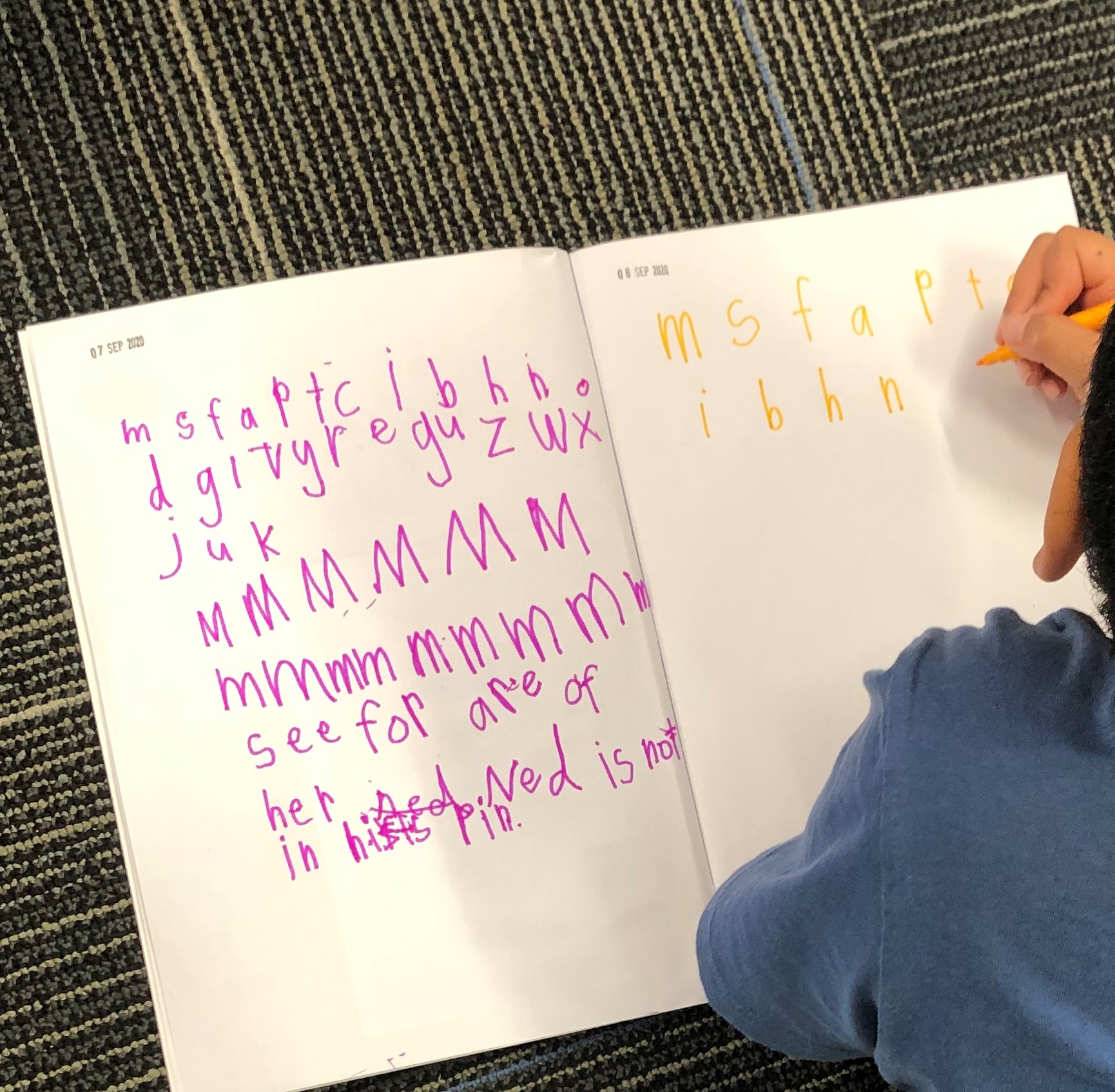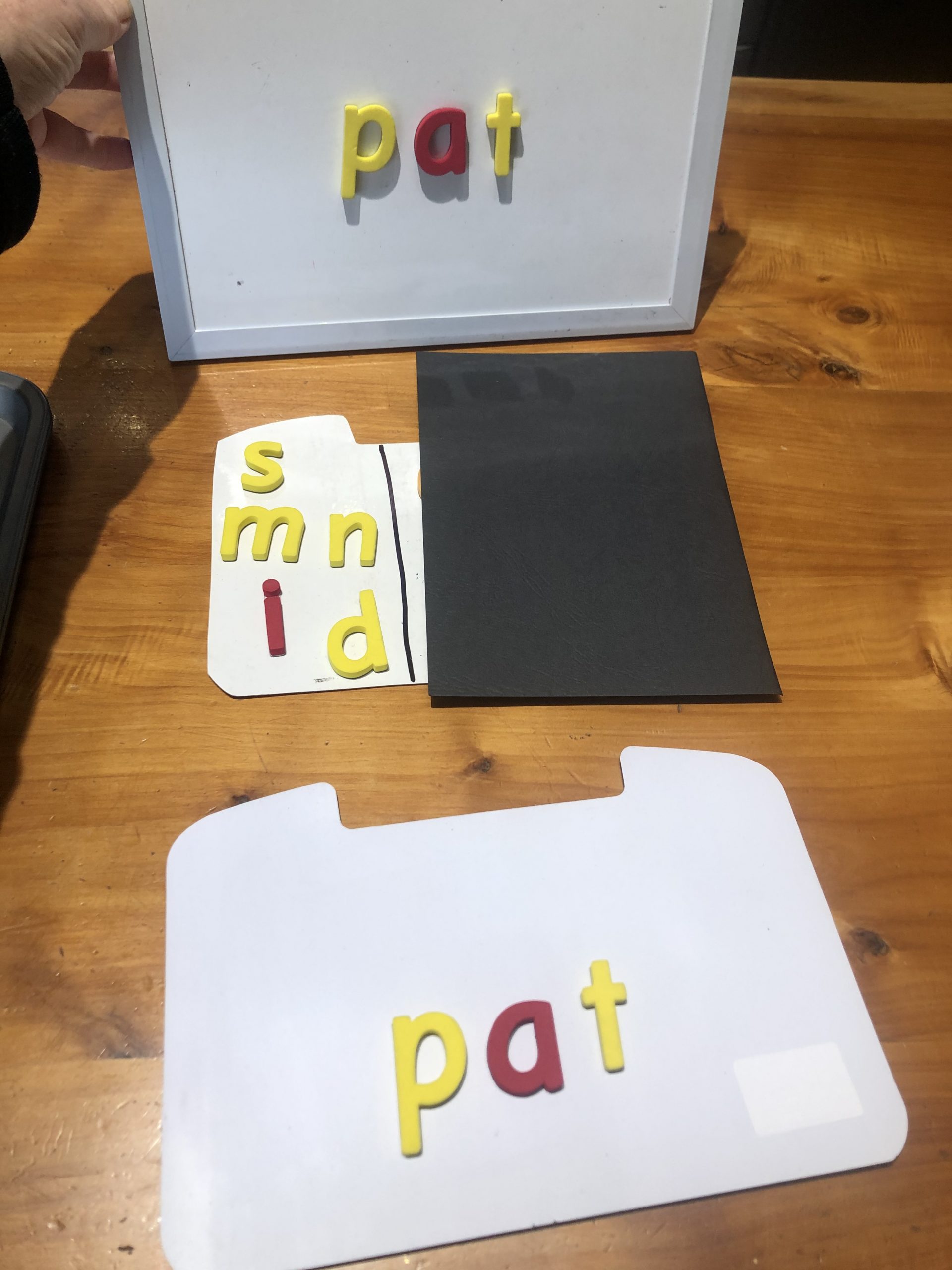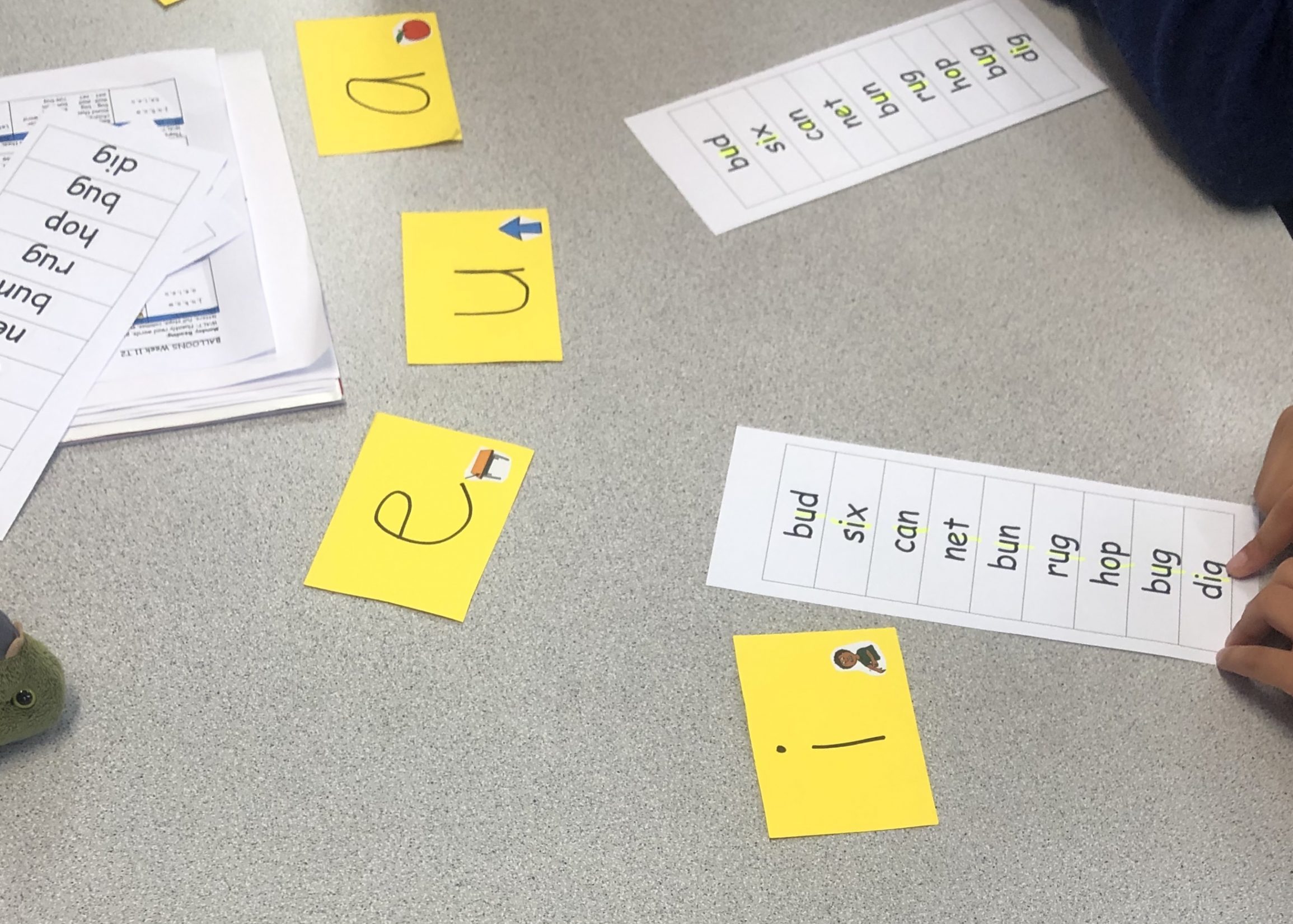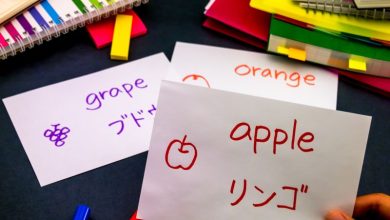
Good decoding skills combine with a reader’s language comprehension to enable meaningful reading of a text.
Decoding skill requires knowledge of the alphabetic principle, which is the connections between the sounds in words and the letters associated with those sounds. A reader who has good decoding skills can read familiar and unfamiliar words accurately and rapidly, as Hoover and Gough’s 1999 research showed.

Capable readers are capable decoders; they can read a list of words, whereas a struggling reader cannot. Readers with weak decoding skills rely on the sentence’s meaning and structure to compensate for lack of skill with the code. When readers rely on compensatory strategies to read unknown words, they rarely focus closely on the word. Close focus on the spelling patterns (orthography) is essential for making a map of the word for later retrieval and for that word to eventually recognised by sight.
Why is decoding receiving so much attention?
International and national data show there is a persistent difficulty with reading achievement in New Zealand.

Teachers are realising that the current teaching approach is not sufficient for many children. One of the key problems is the range of spelling patterns in the words in the commonly used levelled books. Learners have to be directed to use strategies other than the printed code so they can work out the words. The approach makes learning to decode hard for many children and it makes teaching of reading difficult too.
Teaching decoding skills in the classroom
In order to teach children to become strong in decoding, teachers need strong teacher knowledge about the code, support of a scope and sequence of skills, and books that are decodable along that scope.
Decodable texts introduce spelling patterns gradually, giving children time to make orthographic maps and allowing teachers to teach the patterns of print explicitly and systematically.

Effective classroom practice for ensuring good decoding skills includes:
- poems, rhymes, alliteration, hearing sounds in words, phonological awareness training
- securing alphabet: letter shapes, sounds, names, and formation
- explicit teaching of blending sounds for decoding and segmenting for spelling
- multiple opportunities to read and spell words successfully
- children applying skills to read decodable books and write dictated sentences.
For reading to be successful, decoding skill is not sufficient, but it is absolutely necessary.






